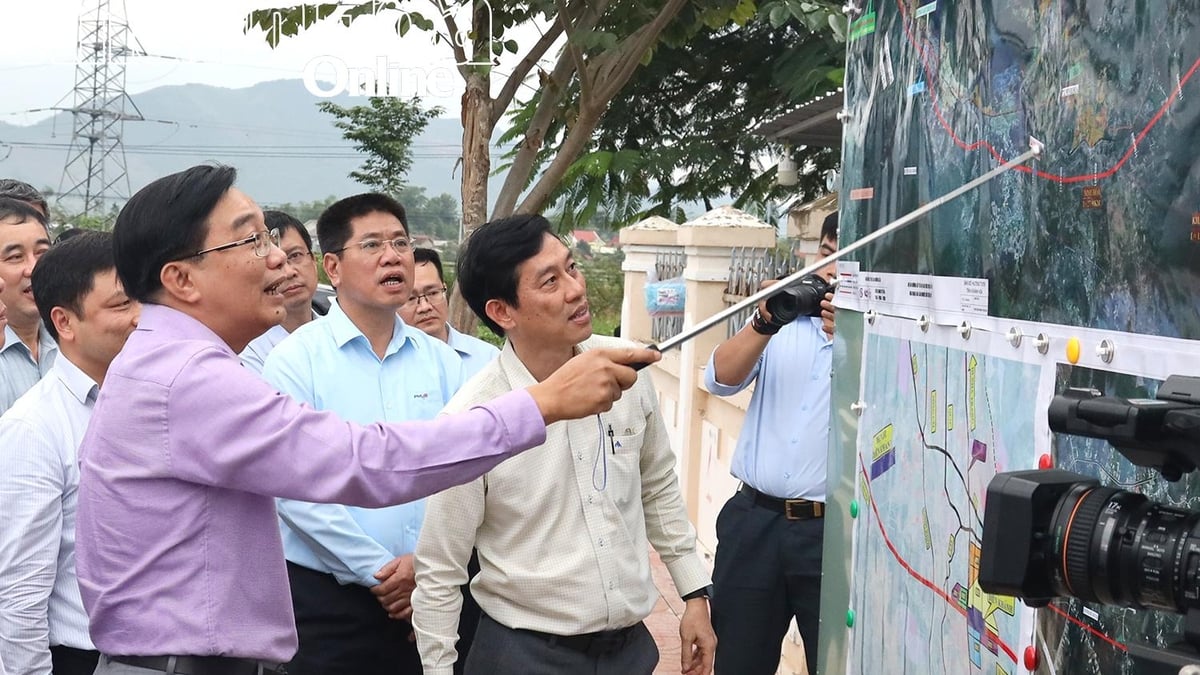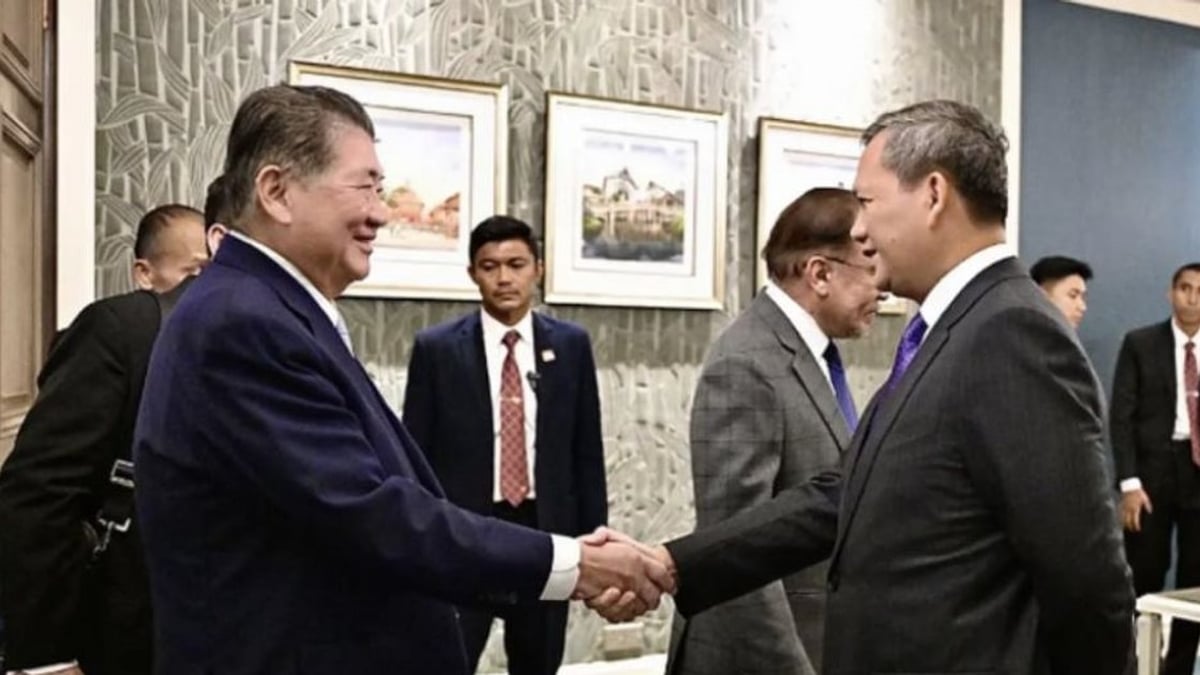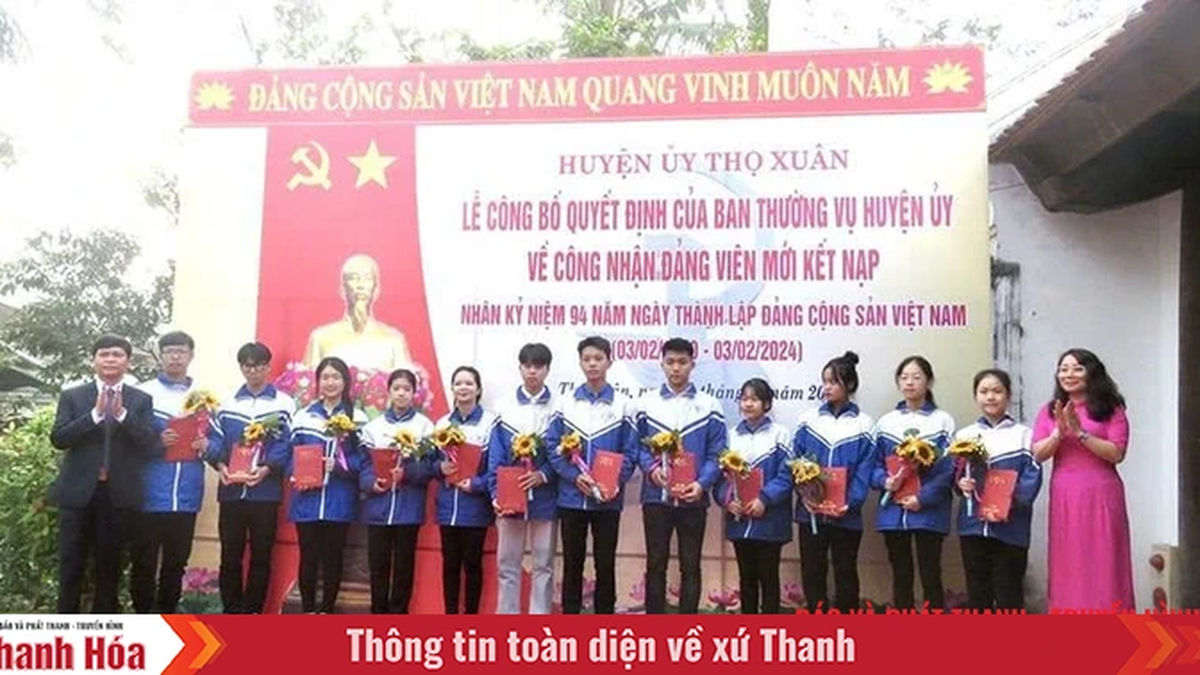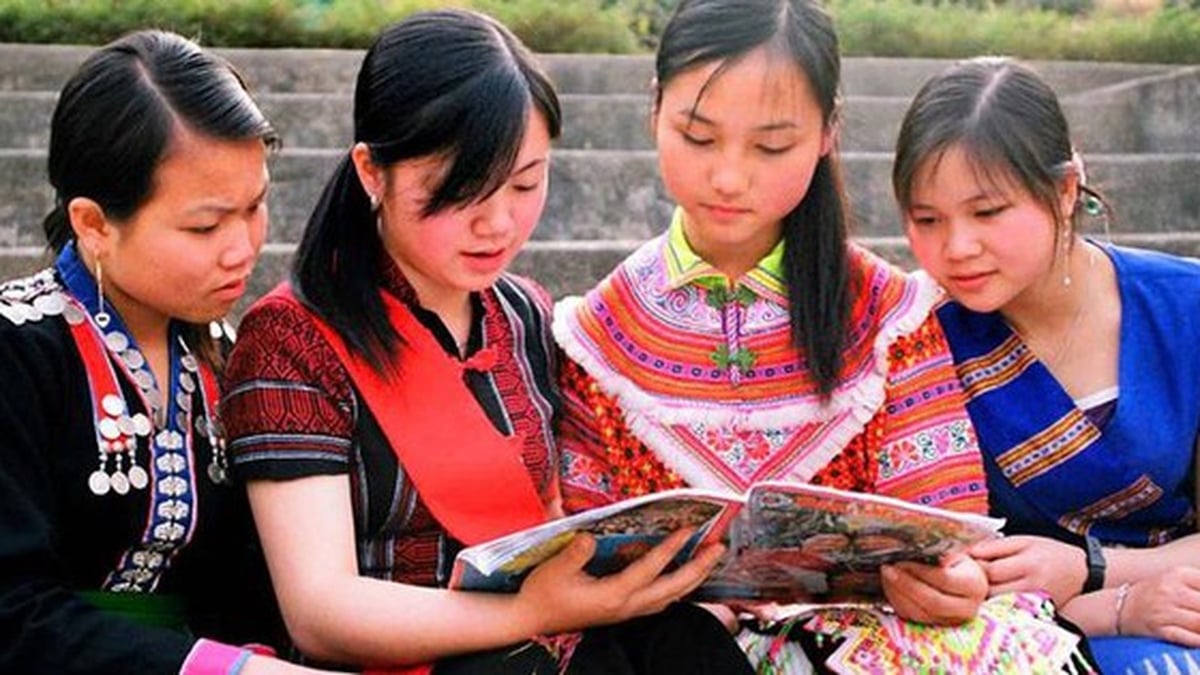The United Nations General Assembly has chosen Hanoi as the venue for the official signing of the Convention on Cybercrime, a landmark global treaty to strengthen international cooperation to combat cybercrime and protect societies from digital threats, in 2025.
The convention, adopted by the United Nations General Assembly on December 24, will enter into force 90 days after it is ratified by the 40th country.
The Convention marks a five-year effort by UN Member States, with the participation of civil society, information security experts, academia and the private sector. UN Secretary-General António Guterres welcomed the adoption of the Convention – the first international criminal justice treaty to be negotiated in more than 20 years.
“This treaty is a testament to the success of multilateralism in difficult times and reflects the collective will of Member States to promote international cooperation to prevent and combat cybercrime,” a spokesperson for the Secretary-General said in a statement.
The statement also said the Convention “creates an unprecedented platform for cooperation” in the exchange of evidence, victim protection and prevention, and the protection of human rights online. “The Secretary-General is confident that the new treaty will promote a safe cyberspace and calls on all States to join the Convention and implement it together with relevant stakeholders.”
Mr. Philémon Yang, President of the General Assembly, stressed the importance of the new Convention, saying: “We live in a digital world where information and communications technologies have great potential for the development of societies, but also increase the risk of cybercrime,” he said.
"By adopting this Convention, Member States have at their disposal the tools and means to enhance international cooperation in preventing and combating cybercrime, protecting people and their rights while engaging online."
The Convention resolution was adopted by the General Assembly of 193 countries without a vote.
Ghada Waly, Executive Director of the United Nations Office on Drugs and Crime (UNODC), described the adoption of the treaty as a “major victory” for multilateralism. “This is a major step forward in our efforts to tackle crimes such as online child sexual exploitation, sophisticated online fraud and money laundering,” she said.
Ms. Waly stressed the UN agency’s commitment to supporting all countries to sign, ratify and implement the new treaty, and to providing them with the tools and support needed to protect their economies and ensure the digital space is safe from cybercrime.
The Convention on Cybercrime recognises the significant risks posed by the misuse of information and communications technologies, which are enabling criminal activities of unprecedented scale, speed and scope. The Convention highlights the negative impact that these crimes can have on countries, businesses and the well-being of individuals and societies, and focuses on protecting against crimes such as terrorism, human trafficking, drug trafficking and online financial crime.
The Convention also recognises the growing impact of cybercrime on victims and prioritises justice, particularly for vulnerable groups. The Convention emphasises the need for technical assistance, capacity building and cooperation between States and other stakeholders.
The United Nations’ selection of Hanoi as the venue for the signing ceremony of the Convention in 2025 is an important milestone in Vietnam’s multilateral diplomacy, marking 47 years of relations with the United Nations. This is the first time Vietnam has hosted an important global treaty, reflecting the country’s growing international status and prestige.
Hosting the Convention signing ceremony is an opportunity for Vietnam to continue affirming its role in promoting multilateralism, ensuring cyber security, protecting national sovereignty and implementing the digital transformation strategy. The UN Convention on Cybercrime, the result of nearly four years of negotiations, is the first comprehensive legal framework to deal with crime in cyberspace, nearly 20 years after the Convention against Transnational Organized Crime.
Source: https://kinhtedothi.vn/le-ky-cong-uoc-lhq-ve-toi-pham-mang-se-duoc-to-chuc-tai-ha-noi.html






























![[Photo] National Assembly Chairman attends the seminar "Building and operating an international financial center and recommendations for Vietnam"](https://vphoto.vietnam.vn/thumb/1200x675/vietnam/resource/IMAGE/2025/7/28/76393436936e457db31ec84433289f72)






































































Comment (0)